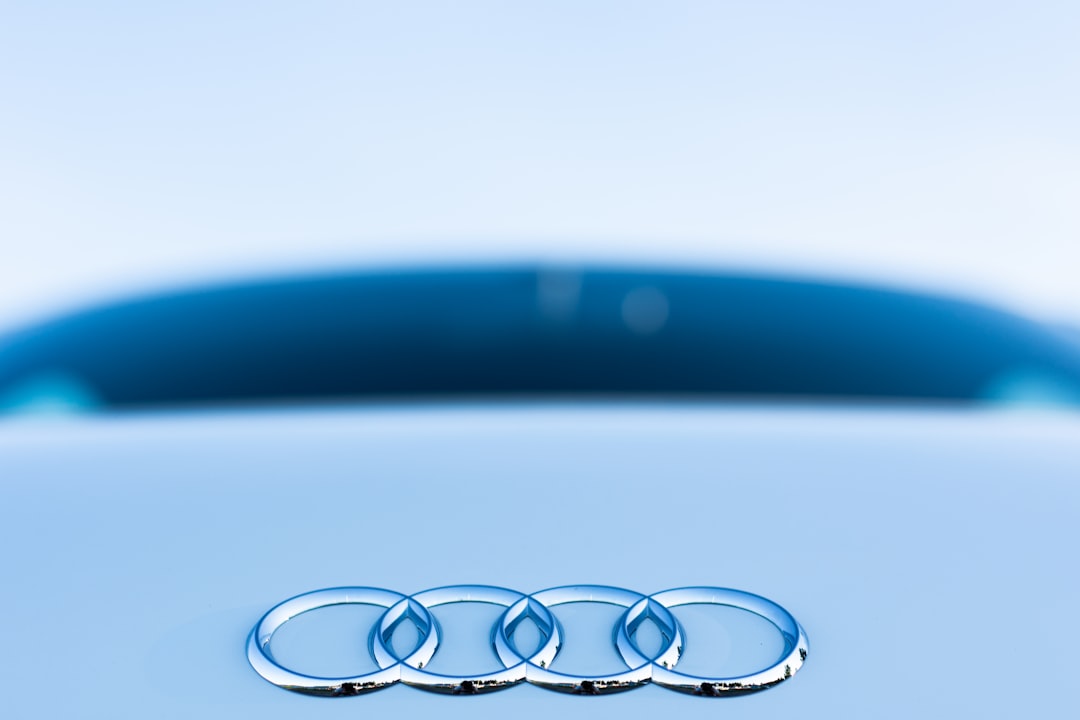What is the Fuel Economy of the Audi Q5?
When it comes to choosing a new car, fuel economy is a crucial factor to consider. For those interested in the Audi Q5, understanding its fuel efficiency can help make an informed decision. In this article, we will provide a comprehensive analysis of the key factors that impact the fuel economy of the Audi Q5, including MPG, efficiency, hybrid, diesel, and turbocharged features.
The Audi Q5: A Showcase of Efficiency
The Audi Q5 is a luxury compact SUV that combines performance and efficiency in a remarkable way. With its state-of-the-art engineering and advanced technologies, the Audi Q5 demonstrates its commitment to fuel efficiency without compromising on power and agility.
MPG: Miles Per Gallon
When it comes to measuring fuel economy, the term MPG, or Miles Per Gallon, is commonly used. This measures the distance a vehicle can travel on one gallon of fuel. The higher the MPG rating, the more fuel-efficient the vehicle is, resulting in fewer trips to the gas station and a smaller carbon footprint.
The Audi Q5 is known for its impressive MPG rating. The specific MPG varies based on the engine and drivetrain options chosen. For example, the 2021 Audi Q5 with a 2.0L 4-cylinder engine and standard all-wheel drive has an estimated MPG of 23 in the city and 28 on the highway, providing a combined MPG rating of 25.
Efficiency: Maximizing Every Drop of Fuel
Efficiency is at the heart of the Audi Q5's design. One key feature that contributes to the Q5's impressive fuel economy is its lightweight construction. By utilizing lightweight materials such as aluminum, Audi has reduced the overall weight of the vehicle, allowing it to achieve better efficiency without compromising on strength and safety.
Furthermore, the Audi Q5 employs cutting-edge technologies to optimize fuel usage. Features such as start-stop systems, regenerative braking, and aerodynamic design all play a role in maximizing every drop of fuel, resulting in improved fuel economy.
Hybrid and Diesel Options
In addition to its gasoline-powered models, the Audi Q5 also offers hybrid and diesel options, further expanding its fuel-efficient lineup.
Hybrid: Combining Efficiency and Power
The Audi Q5 hybrid models combine the power of a combustion engine with the efficiency of an electric motor. This combination allows for reduced fuel consumption and lower emissions. The electric motor assists the combustion engine during acceleration and can even power the vehicle on electric mode for short distances, making it an excellent choice for eco-conscious drivers.
Diesel: Power and Efficiency United
The Audi Q5 TDI models, equipped with a turbocharged diesel engine, offer a blend of power and fuel economy. The diesel engine's high torque output provides a thrilling driving experience, while delivering remarkable fuel efficiency. With its advanced engineering, the Audi Q5 TDI models offer both power and a fuel-efficient option for those who prefer diesel fuel.
Conclusion
When considering the fuel economy of the Audi Q5, it's clear that Audi has prioritized efficiency without compromising on performance. With its advanced technologies, lightweight construction, and hybrid and diesel options, the Audi Q5 showcases its commitment to providing a fuel-efficient luxury SUV.
Whether you're looking for a gasoline, hybrid, or diesel-powered vehicle, the Audi Q5 has an option to suit your needs. With its impressive MPG rating and range of efficient features, the Audi Q5 proves that you don't have to sacrifice driving pleasure for fuel efficiency.
Now that you have a comprehensive understanding of the fuel economy of the Audi Q5, you can make an informed decision when choosing your next vehicle.
